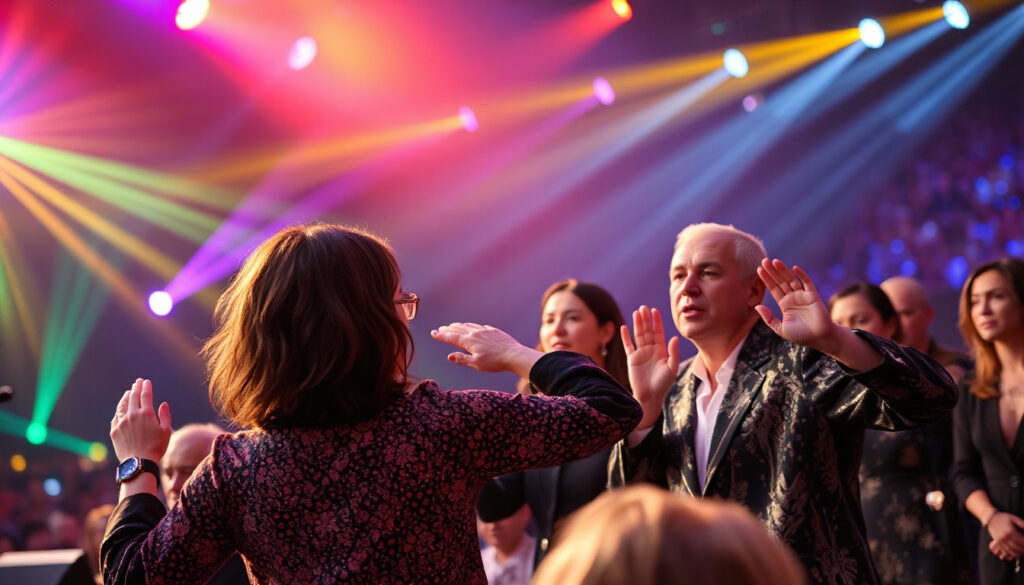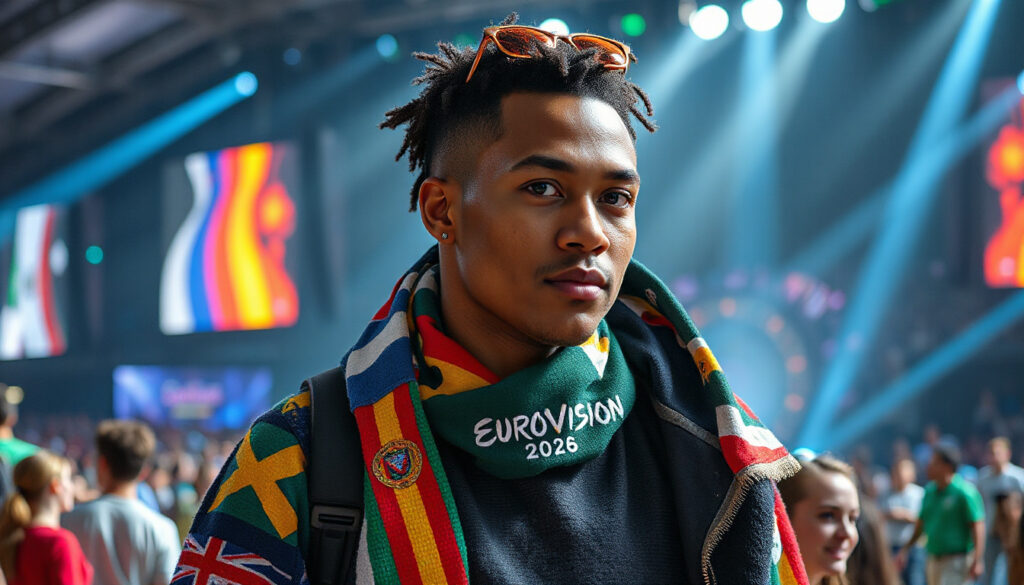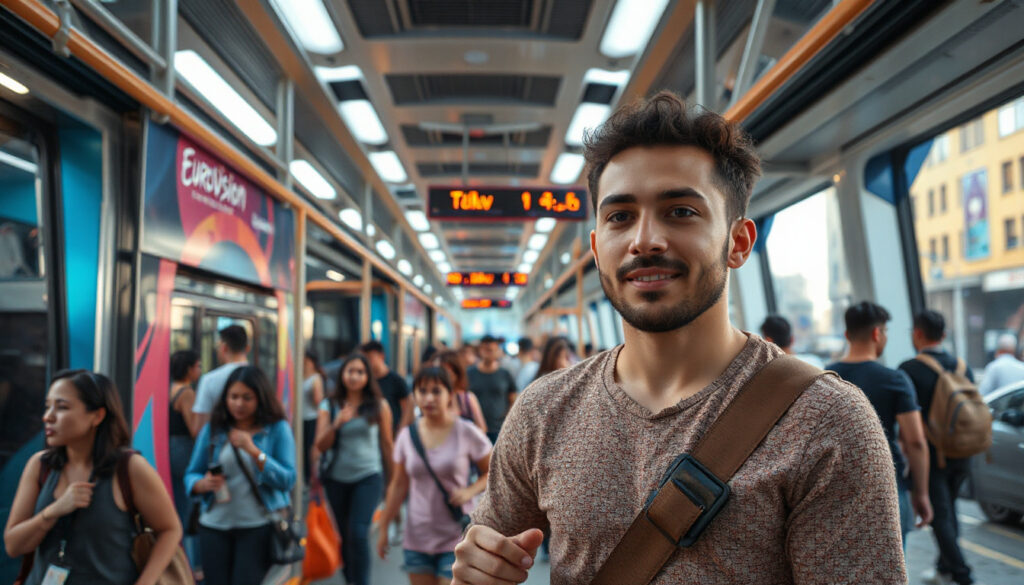Every year, millions tune in to the Eurovision Song Contest. Millions watch, celebrate cultures by song. For the deaf and hard-of-hearing, the event stays hard to feel in full. With Eurovision 2026 near, a strong change aims to include all. This article shows how sign language interpreters help all viewers access the contest. Music becomes a language that all can see and feel. 
Why Sign Language Interpreters Matter in Eurovision
Music stands as a common language. Yet its lyrics, tone, and stories remain far for some. A broadcast that shows only written text does not show tone or mood. Using sign language turns sound into a visual tale.
• Sign language shows face, mood, and heart. It does more than copy each word.
• Viewers join in a cultural show. Eurovision now grows a place that all can share.
• Many find a link. Europe counts over 750,000 people who use sign language to talk. Making the contest seen by them grows fairness.
The "Eurovision Sign" Project: A Blueprint for 2026
A change began with the "Eurovision Sign" project in 2015. In that project, live sign interpretation went on during the semi-finals and final. A common sign system served as a link among different native signs.
The project let deaf artists join on stage. They helped show feeling live and clear. Some work needed two steps. First, a hearing interpreter changed lyrics into a national sign. Next, a deaf interpreter changed that into a shared sign system. This process took hours for each song to show its heart.
Key points held true:
• A horizontal link: Interpreters match the song’s live scene without hiding the artist.
• A vertical link: The sign show builds a visual story that holds the song’s mood.
This method made music feel real and strong for deaf viewers. It reached nine countries like Austria, Germany, Denmark, Finland, and Sweden.
What to Expect from Eurovision 2026 in Terms of Sign Language Access
Eurovision 2026 plans to widen sign language use even more. Viewers can soon see these changes:
• More regions join. More channels will add a sign language stream so deaf viewers can join in.
• Skilled interpreters and live acts go on stage. They focus on showing the full song tale with light and motion.
• Live streams and saved videos appear. This makes it easier for viewers to watch whenever they choose.
• Clear steps emerge. The work done in 2015 sets a firm style where interpreters show signs without taking over the stage.
Common Questions About Eurovision Sign Language Interpretation
Fans ask key things about song interpretation. How does the change work for each language? A hearing interpreter first changes the song words into a common spoken language, such as that of the host. Then a deaf interpreter changes that into a sign system that many understand. This two-step chain keeps the message clear for an international crowd.
Questions also come about keeping culture alive. Interpreters use facial cues, gestures, and body moves to show tone and local hints that mere words do not catch. Sign languages differ between lands; a shared sign system helps in a global broadcast. Some channels may also show local sign versions.
The Broader Impact of Sign Language in International Events
Bringing sign language to Eurovision is one move in a wider push to include all in global events. This step helps deaf viewers while also showing the rich nature of sign language and deaf culture.
Using sign language in a big event:
• Puts visual language on a global screen.
• Spurs other shows and channels to include sign language too.
• Links people and grows a shared look and feel.
How You Can Support or Experience Sign Language at Eurovision 2026
If you feel the change for Eurovision 2026, here is how you can join in:
• Watch on official channels and live streams that show sign language.
• Ask local channels to add a sign language stream if they have not yet.
• Learn some sign language. Knowing even a few signs can deepen your view of the performance.
• Help groups that work for deaf rights and media inclusion. They need support from the community.
As Eurovision moves to Austria in 2026, sign language interpreters help place deaf viewers right next to everyone else. Music belongs to all. The contest now shows a clear, heartfelt, and fair way to join in. Catch the live sign streams and join a fresh page in Eurovision history.







